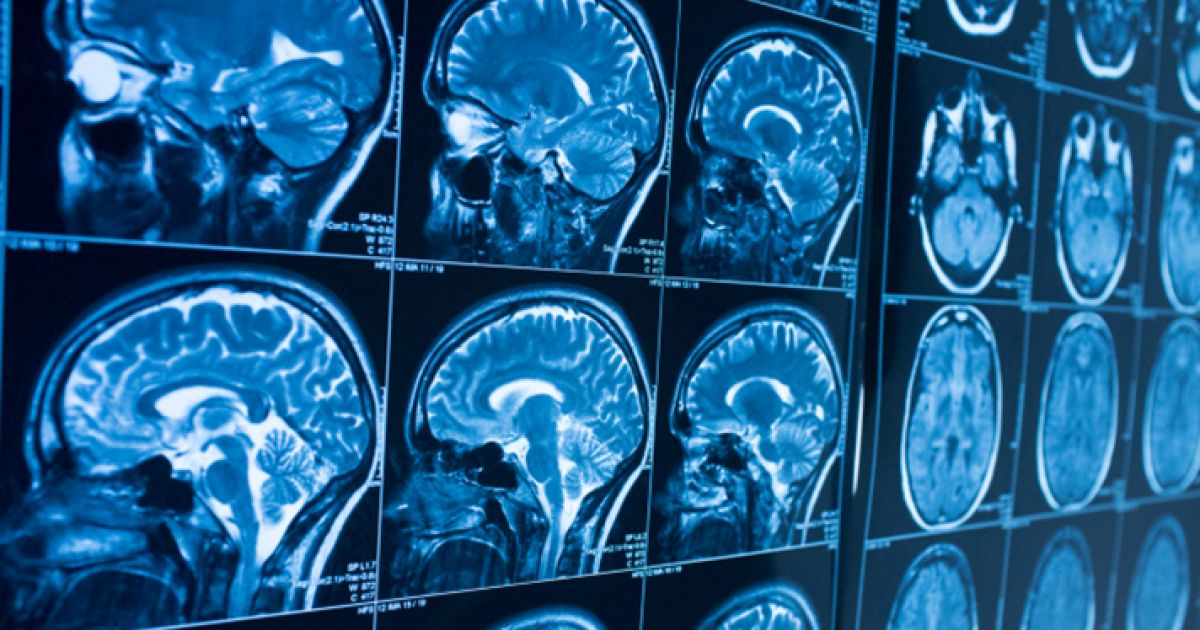Conditions That Can Cause Hypotonia (Low Muscle Tone)
Noonan Syndrome
Noonan syndrome in an individual can cause them to be born with hypotonia. Noonan syndrome describes a group of symptoms including short stature, bleeding problems, unusual facial features, heart defects, and skeletal malformations caused by certain genetic mutations. The genes typically affected in Noonan syndrome include PTPN11, SOS1, and less commonly, RAF1 and RIT1. A small number of cases of this condition have an unknown cause. These mutations cause a process that leads to a disturbance in the normal regulation of cell division and cell growth. These disturbances cause growth restriction and skeletal system malformations that result in facial abnormalities, delay in puberty, and short stature. Hypotonia in Noonan syndrome patients is most likely attributed to their poor growth. Infants born with this disorder are usually an average length but do not grow taller at the same rate as healthy children. While the bones do not grow properly, the muscles often do grow at a normal rate. Hypotonia is the result because the larger muscles are unable to provide adequate tension or resistance to the movement because the bones are disproportionally too short.
Get familiar with more causes of hypotonia now.
Encephalitis

Encephalitis in an individual can cause them to develop hypertonia. Encephalitis describes when inflammation occurs in the brain. This condition has numerous known causes, but the cause of some cases remain unknown. Encephalitis can happen when a pathogen such as a virus or bacteria directly invades and infects an individual's brain cells. It can also occur when the patient's immune system has an abnormal reaction to an infection somewhere else in the body. The cells of the immune system attack the infected cells but also attack healthy brain cells. Encephalitis adversely affects an individual's nerves and nervous system function. The tone of the muscles depends on motor nerve signals that come from the spinal cord and brain. When there is a disturbance in the signaling between the brain and muscles, hypotonia can occur. Encephalitis causes nerve signal interruptions at the level of the spinal cord and brain before they reach any peripheral nerve branches. When the motor nerves in the brain become damaged, the signal interruption can result in hypotonia.
Discover another cause of low muscle tone now.
